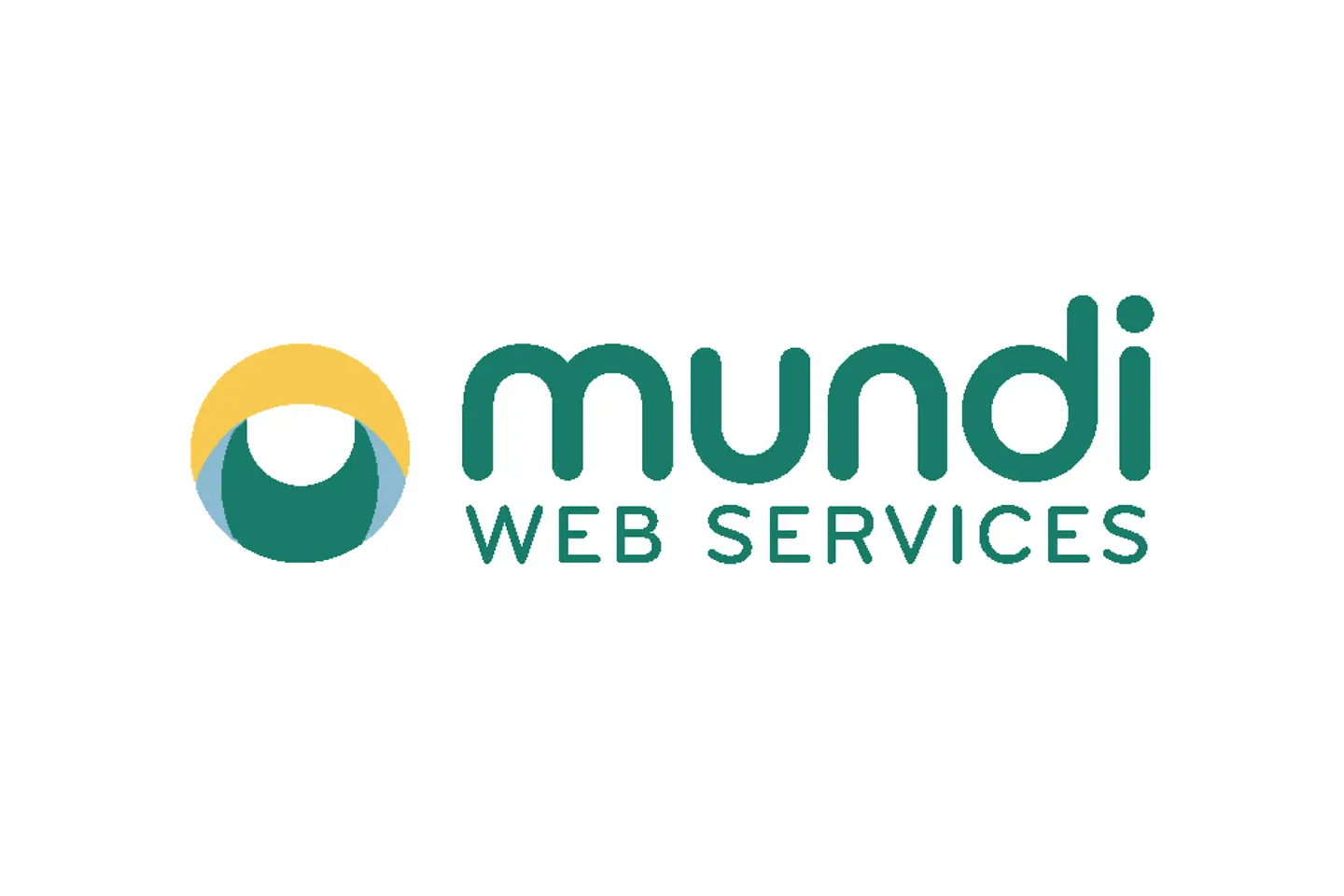

The European Space Agency's (ESA) Copernicus program fulfills the mandate of the European Union to place a series of sentinel earth observation satellites in orbit that transmit about 20 terabytes of images to Earth every day. By now, the previously available satellites have generated several petabytes of data, giving users inside and outside the EU new glimpses from the cosmos. This data is made accessible in a cloud-based manner via Mundi Web Services. The aim is to promote new geo-based business models.
The EU makes its Earth observation data available free of charge with the intention of creating new business models and applications for mainly European users: from students and software providers, to large corporations and the public sector.
This brings with it a wealth of new applications in target markets such as agriculture and forestry, energy, environment, climate, insurance, and disaster control. For example, satellite observations can be used to register the use of agricultural land and, as a result, better allocate EU funds, quickly identify environmentally relevant changes, and take action as well as optimize the use of mineral and energy resources.
Mundi Web Services is a platform on which users can directly use preconfigured geoservices. However, it also offers new geoservice providers the option of offering their services on the market. Mundi Web Services' great strength? All necessary components to implement new geo-based business ideas are already integrated. This includes constantly updated data from the Sentinel satellites as well as historical data from the American Landsat program, geoservice applications, and flexible IT resources from the Open Telekom Cloud. As the computing capacities for the evaluations and the data are on the same technical platform, tedious copying processes are no longer necessary. In addition, Mundi allows specific selection of the data that is relevant for the respective analysis.

Access to the data has so far been complex, expensive, and tedious. Users always had to download complete data sets comprising several gigabytes or even terabytes from a central repository before they could start their evaluations. New potential geoservice providers with limited IT resources could not benefit from the data. The Copernicus program is also not yet very well known to the business community or the general public.
Computing resources are the be-all and end-all for geoservices. To perform further analysis, the original data, usually images at different frequency intervals and on different technical bases (e.g. with optical, thermal or radar sensors), must first be processed - a stage referred to pre-processing. One action in this regard is to normalize images so that they can be compared with one other. In the second stage, the actual processing (which also requires a large amount of computing resources), the data prepared in this way is processed using mathematical models. This creates business-relevant results that can help decision-makers. So far, such statements have been made under the auspices of projects that were set up specifically for the respective application.
Mundi Web Services makes using earth observation data for business purposes more professional. Geoservices "made in Europe" receive a basis on which they can develop new business models and offer them as web services on the international market. End users are given the opportunity to deploy geoservices as needed. Mundi has the right infrastructure foundation in the form of the Open Telekom Cloud. The resources from the cloud are optimal for temporary high-load calculations and adapt to the desired requirements of users. If a user wants faster results, they can speed up the evaluation with additional capacities. Depending on the speed, customers only pay for the resources that are actually used.
With Mundi Web Services we have basically democratized satellite data. Everyone has free access to the data and can process it for his own, and also commercial, purposes.
T-Systems Project manager Etienne Boutelliez.

Mundi Web Services is the answer to these challenges. It simplifies the access and use of satellite data. Mundi Web Services is a consortium led by Atos. T-Systems is another established ICT player on-board; it adds its Open Telekom Cloud and its experience with modern ICT service models into the mix. Experienced providers from the geoservice segment, such as the Italian e-geos, the Austrian EOX, the French Thales Aliena Space, the German GAF, and the German Aerospace Center (DLR), contribute technical expertise and applications.

Mundi Web Services is a consortium led by Atos. The consortium works on behalf of the European Union and the European Space Agency ESA. The consortium partners are T-Systems, Thales Alenia Space, DLR, e-geos, EOX, GAF AG, Sinergise, and Spacemetric.